News
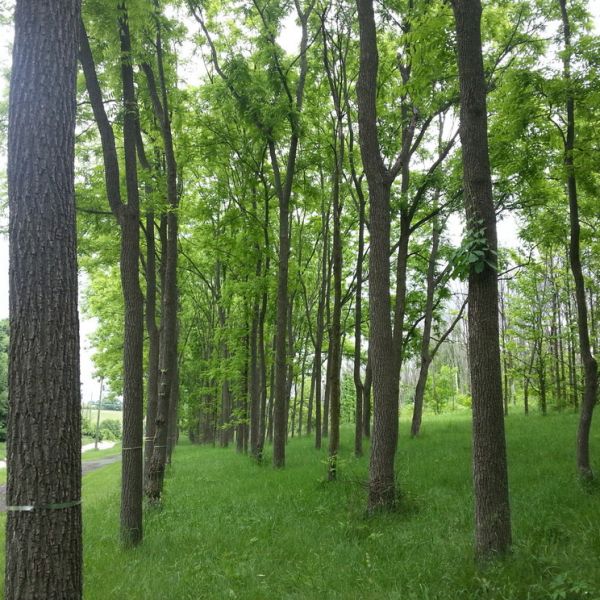
Aug 27, 2020
Penn State black walnut trial turns 40, now ideal climate-change experiment
Visitors to Penn State’s University Park campus often arrive with a short list of attractions they want to see. Among the most popular are the Nittany Lion Shrine, the Berkey Creamery and The Arboretum at Penn State. However, few are aware of the Black Walnut Provenance Study, let alone care to visit it.
Full Article
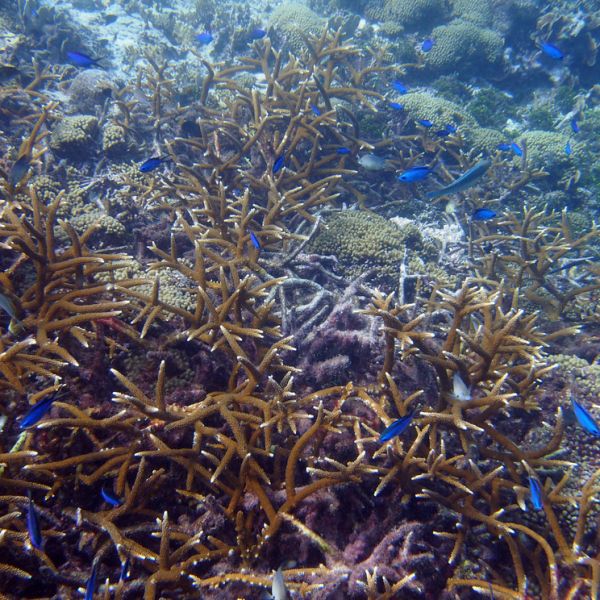
Sep 01, 2020
New tool for identifying endangered corals could aid conservation efforts
Coral conservation efforts could get a boost from a newly developed genotyping “chip” — the first of its kind for corals. The chip allows researchers to genetically identify corals and the symbiotic algae that live within the coral’s cells, a vital step for establishing and maintaining genetic diversity in reef restoration efforts.
Full Article
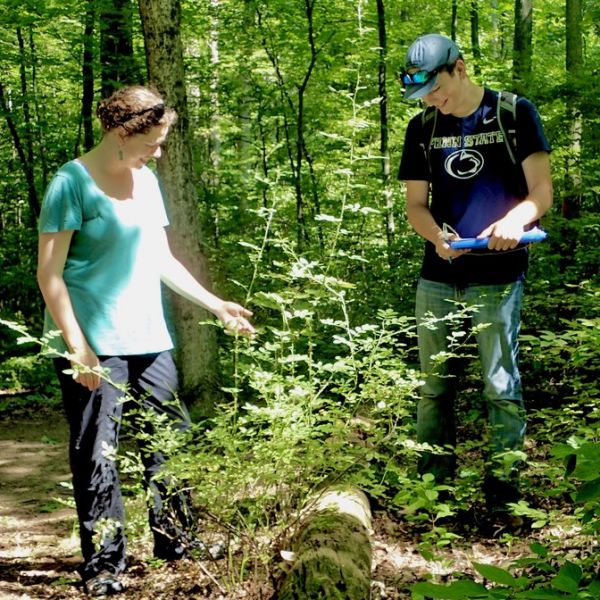
Aug 21, 2020
Invasive shrubs in Northeast forests grow leaves earlier and keep them longer
The rapid pace that invasive shrubs infiltrate forests in the northeastern United States makes scientists suspect they have a consistent advantage over native shrubs, and the first region-wide study of leaf timing, conducted by Penn State researchers, supports those suspicions.
Full Article
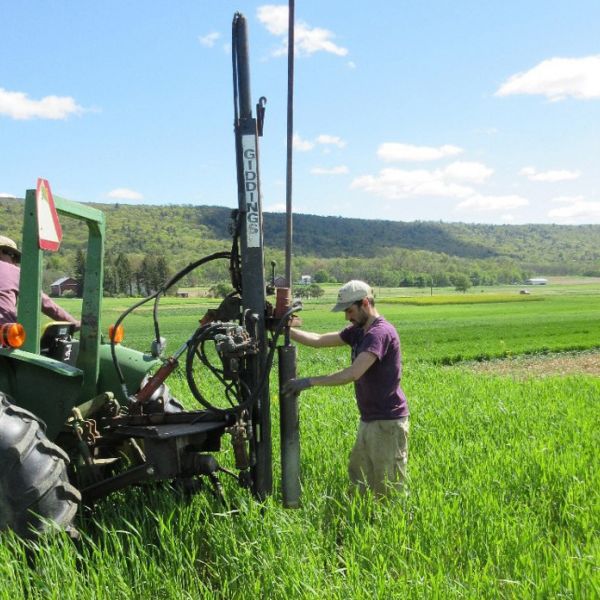
Aug 21, 2020
Cover crop roots are key to understanding ecosystem services
To judge the overall effectiveness of cover crops and choose those offering the most ecosystem services, agricultural scientists must consider the plants’ roots as well as above-ground biomass, according to Penn State researchers who tested the characteristics of cover crop roots in three monocultures and one mixture.
Full Article
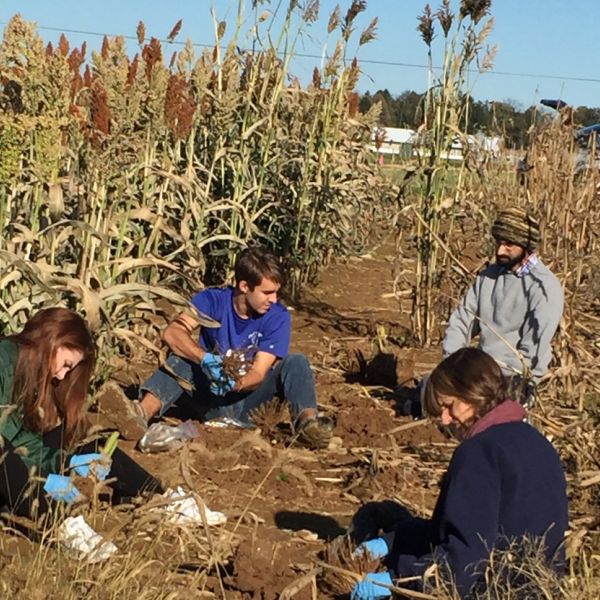
Aug 21, 2020
Flavonoids' presence in sorghum roots may lead to frost-resistant crop
Flavonoid compounds — produced by the roots of some sorghum plants — positively affect soil microorganisms, according to Penn State researchers, who suggest the discovery is an early step in developing a frost-resistant line of the valuable crop for North American farmers.
Full Article
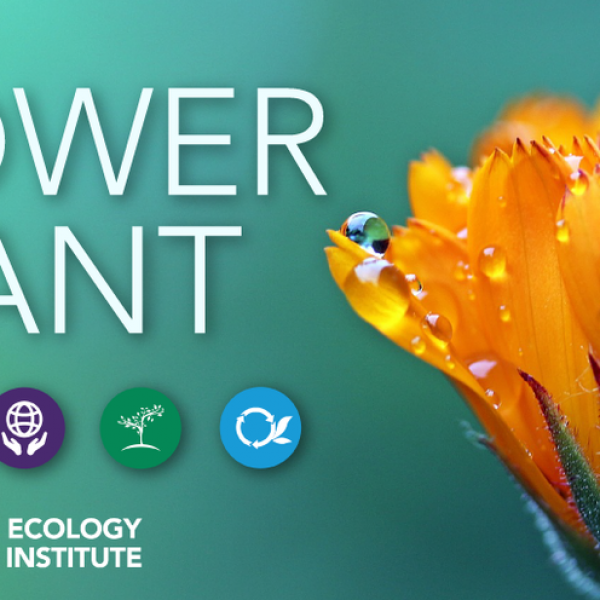
Jul 16, 2020
Ecology Institute announces grant recipients
The Ecology Institute has awarded 11 proposals from across the University as part of its Flower Grant program, including five projects submitted by faculty at Commonwealth Campuses.
Full Article
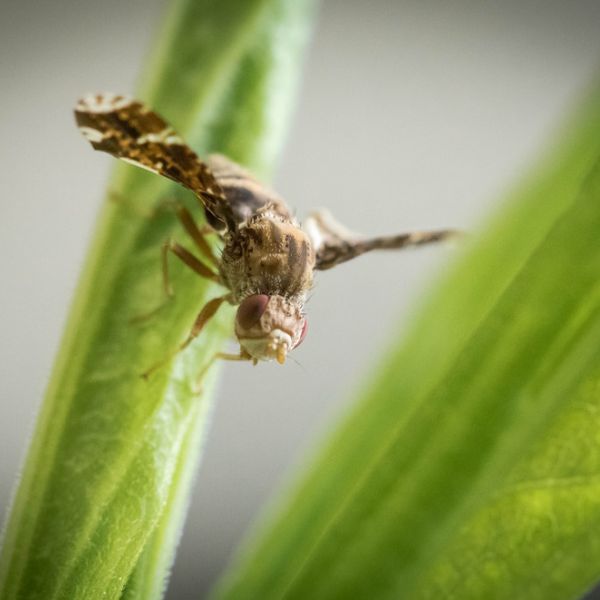
Jul 09, 2020
Gall fly outmaneuvers host plant in game of 'Spy vs. Spy'
Over time, goldenrod plants and the gall flies that feed on them have been one-upping each other in an ongoing competition for survival. Now, a team of researchers has discovered that by detecting the plants’ chemical defenses, the insects may have taken the lead.
Full Article
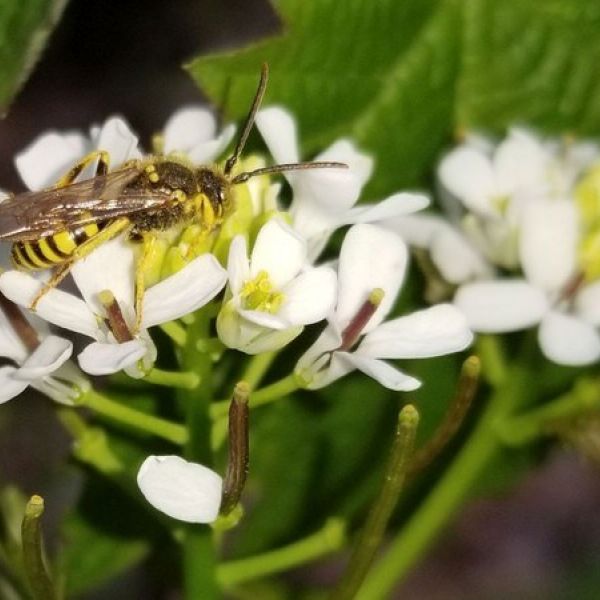
Jun 30, 2020
Checklist of Pa. bees documents 49 new species and some that may be endangered
A study documenting bees that are reported to occur in Pennsylvania has found the presence of 437 species, including 49 never before recorded in the state. Researchers said the resulting checklist of bees in the commonwealth also identifies species not native to North America and several native species that may be of conservation concern.
Full Article

Jun 30, 2020
Coral Researchers Recognized for Significant Contributions to Field
Iliana Baums and her research team were recognized by members of the coral reef community as making significant contributions to coral reef research.
Full Article
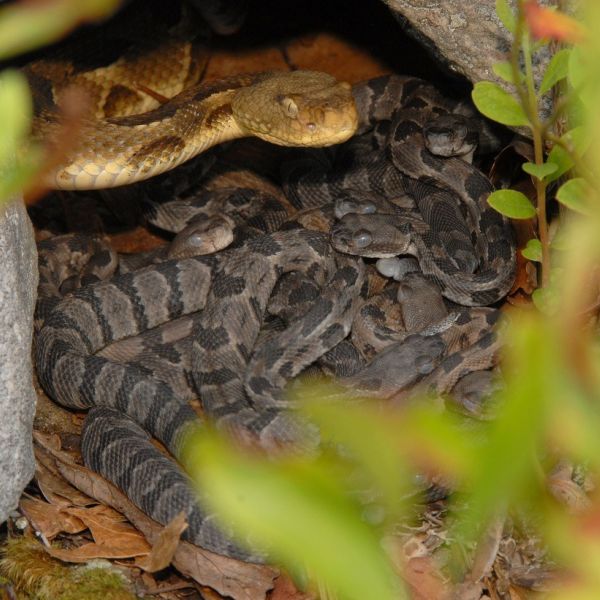
Jun 25, 2020
Sunnier but riskier
Conservation efforts that open up the canopy of overgrown habitat for threatened timber rattlesnakes — whose venom is used in anticoagulants and other medical treatments — are beneficial to snakes but could come at a cost, according to a new study by researchers at Penn State and the University of Scranton.
Full Article